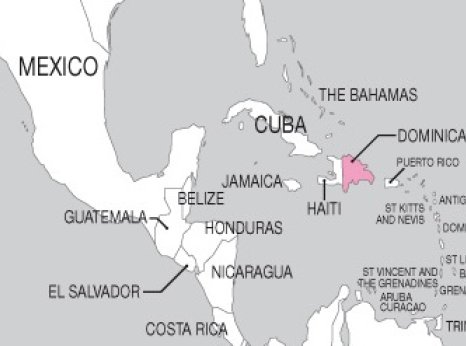Dominican Republic: End Racist Policies Against Migrants

On 2 October 2024, President Luis Abinader of the Dominican Republic announced the implementation of a plan to deport up to 10,000 migrants per week, targeting people of Haitian origin. By early April 2025, according to the General Directorate of Migration, more than 180,000 people had already been deported under this plan. These collective expulsions are taking place despite the worsening humanitarian and security crisis in Haiti, which places returnees at grave risk and undermines the principle of non-refoulement.
On 6 April 2025, the Dominican government announced 15 new migration measures that raise further alarm. One such measure includes the implementation of a new protocol in public hospitals requiring healthcare personnel to register the immigration status of all patients, and to notify authorities when undocumented migrants receive services. According to the government’s announcement, these individuals will be deported immediately after receiving medical attention. This practice threatens the right to health, privacy, and physical integrity, and could deter people at risk—especially pregnant women, children, and survivors of violence—from seeking the healthcare they urgently need.
Furthermore, the government has not introduced adequate guarantees to prevent racial profiling and racial discrimination, nor has it acknowledged or addressed the harmful impact of its migration policies. Instead, officials continue to deny evidence of rights violations presented by civil society organizations and international bodies. This denial is accompanied by stigmatizing narratives against Haitian migrants, pregnant women, and children seeking access to public services, which reinforce racist stereotypes and create a hostile environment.
Human rights defenders and organizations supporting migrants face increased threats and stigmatization. Despite calls to protect civic space, Dominican authorities have failed to adopt specific measures to safeguard those defending the rights of Haitians and Dominicans of Haitian descent. This lack of action contributes to a broader environment of fear, discouraging documentation of abuses and the exercise of basic rights.
Amnesty International reiterates its call to Dominican authorities to put an end to the systemic practice of collective expulsions and to adopt comprehensive human rights-based migration policies. This includes ensuring individualized assessments of protection needs, protecting access to healthcare and public services without discrimination, and preventing the criminalization and stigmatization of migrants and human rights defenders.